1. “It’s a one-year membership to the Jelly of the Month Club.” – National Lampoon’s Christmas Vacation
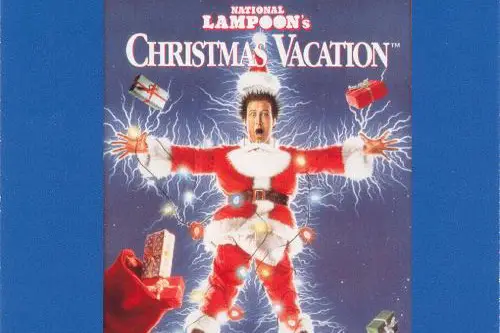
Clark Griswold’s infamous disappointment about his holiday bonus feels relatable, but some see it as promoting toxic entitlement. In a world where gratitude is encouraged, this scene can feel more whiny than funny.
2. “Fra-gee-lay! Must be Italian!” – A Christmas Story
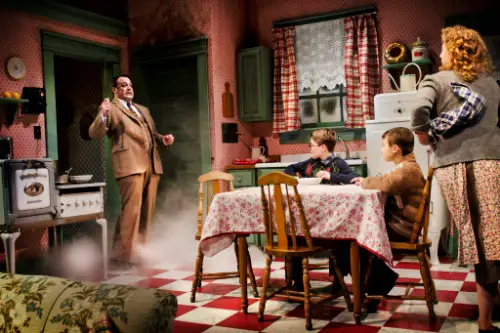
This classic line is undeniably funny, but it pokes fun at language and accents in a way that feels outdated today. What might have been a harmless gag in the 1980s could now come across as insensitive to cultural differences.
3. “Keep the change, ya filthy animal!” – Home Alone
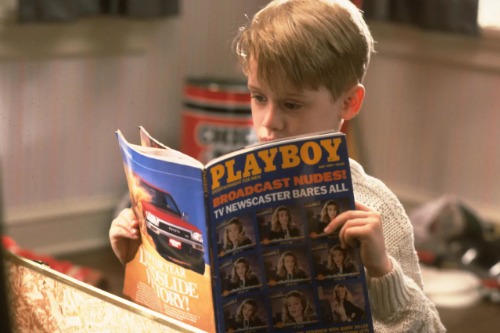
This iconic line from the fake gangster movie Angels with Filthy Souls is hilarious in its context, but think about the language. In a world striving to reduce verbal aggression, even in jest, this might not be the best influence on younger viewers.
4. “The thing about trains… it doesn’t matter where they’re going.” – The Polar Express
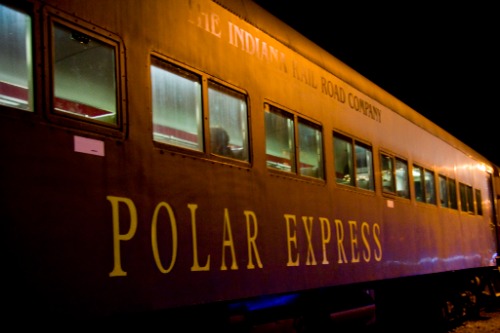
While not offensive at first glance, this quote has been called out for its philosophical vagueness, which unintentionally comes across as dismissive of critical thinking. Encouraging kids to hop on board without understanding their destination might not sit well in today’s world of cautious parenting.
5. “Oh, you’re serious? I’m sorry. I’m sorry, I didn’t know.” – Elf
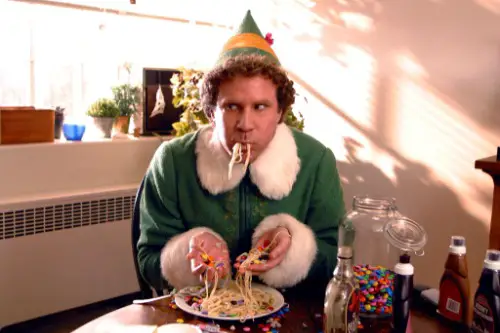
Buddy the Elf’s reaction to learning about professional boundaries at work can be charmingly clueless. But in the #MeToo era, the context of not understanding personal space and respect in the workplace makes this scene feel a little uncomfortable.
6. “You’re what the French call ‘les incompétents.'” – Home Alone
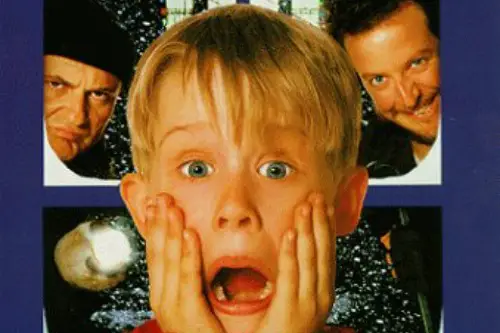
Kevin’s older sibling throwing shade with a fake French phrase seemed lighthearted in the 1990s. Today, mocking someone’s abilities—especially by tacking on a foreign language—is viewed as mean-spirited, and some parents might see it as promoting bullying.
7. “If you’re Santa, what song did I sing for you on your birthday?” – Elf
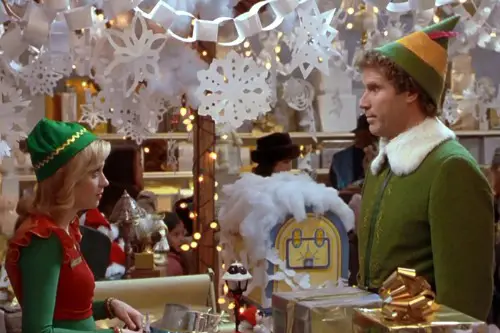
Challenging Santa to prove himself could be considered fun skepticism, but questioning someone’s identity today—whether about beliefs, gender, or background—has deeper connotations. This quote might spark debates about inclusivity in holiday movies.
8. “Christmas is just about getting stuff!” – The Grinch Who Stole Christmas (2000)
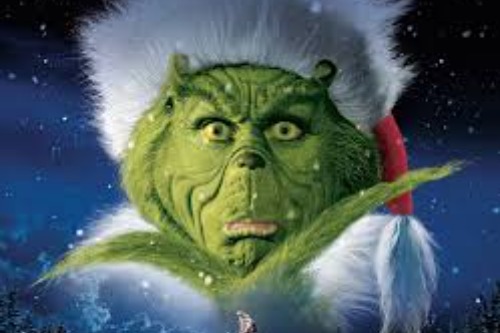
The Grinch’s snarky comment about the holiday’s commercialism hits close to home but is also a bit too blunt for modern family films. Today, there’s more emphasis on kindness and togetherness in holiday messaging, making this line feel a little cynical.
9. “You smell like beef and cheese!” – Elf
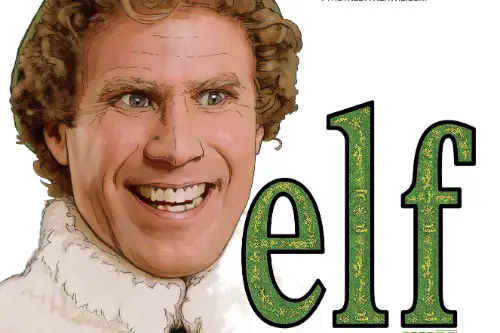
Buddy the Elf accusing a fake mall Santa of being an imposter has always been a laugh-out-loud moment. But with current sensitivities around body shaming, this jab about someone’s smell might come across as unkind.
10. “She’s a lot prettier than your wife!” – Love Actually
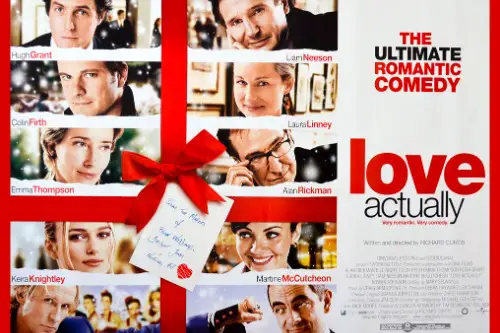
This cringe-worthy moment when a husband openly admires another woman’s looks right in front of his wife would likely be called out for disrespecting relationships and boundaries today. Romanticizing infidelity, even subtly, hasn’t aged well.
11. “It’s for the kids. I swear!” – Bad Santa
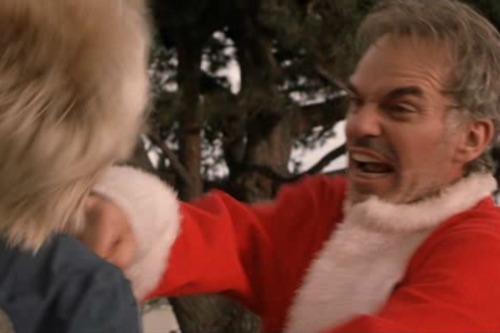
Willie’s attempt to justify his actions with a half-hearted claim of doing it for the kids falls flat in today’s culture of accountability. Joking about dubious behavior, especially in a family-oriented context, doesn’t sit well anymore.
12. “Why don’t you kiss her instead of talking her to death?” – It’s a Wonderful Life
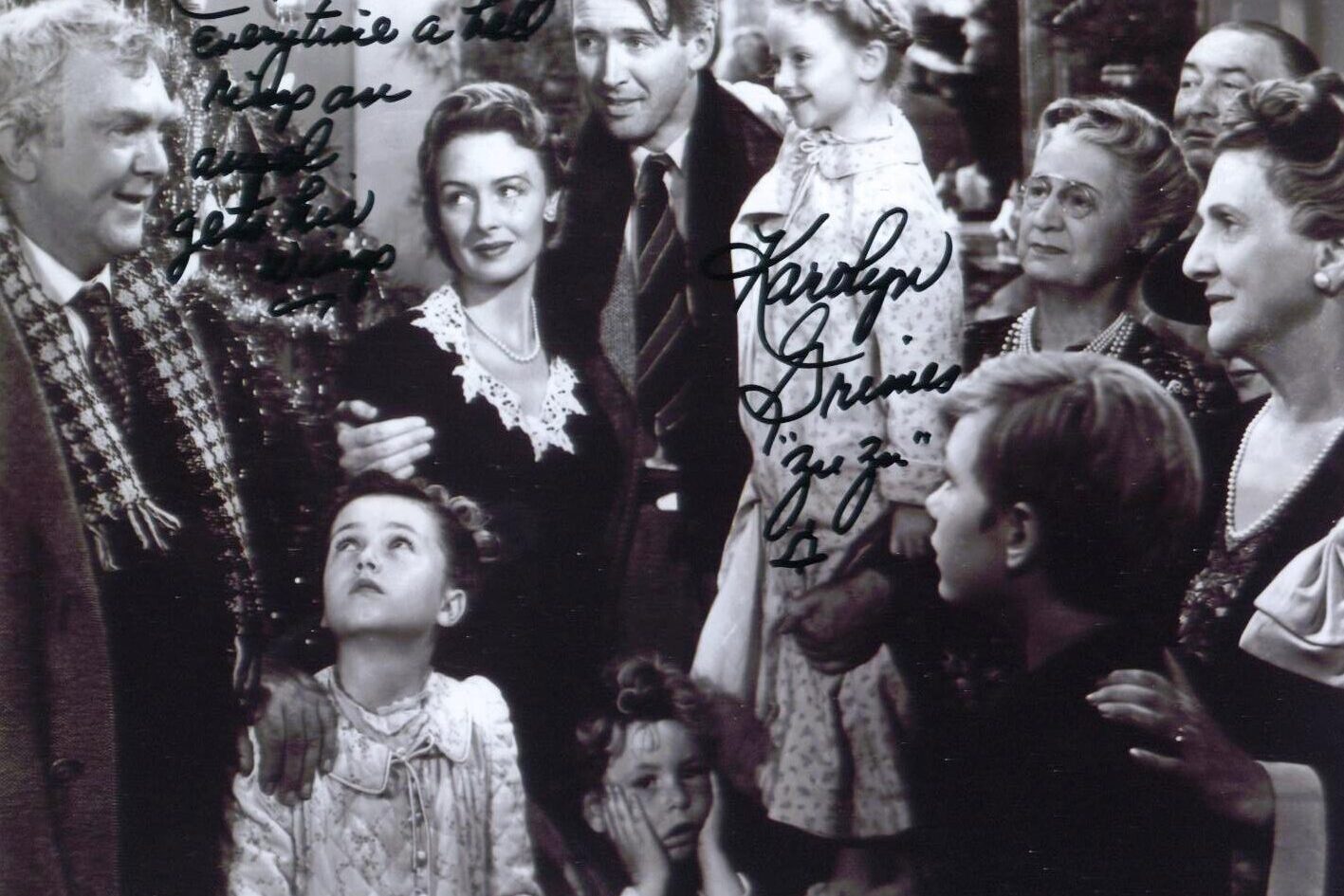
In the 1940s, this line from George Bailey was meant to be charming and romantic. Today, though, it could be seen as dismissive of consent and communication in relationships—a reflection of how times have evolved.
13. “Every time a bell rings, an angel gets his wings!” – It’s a Wonderful Life
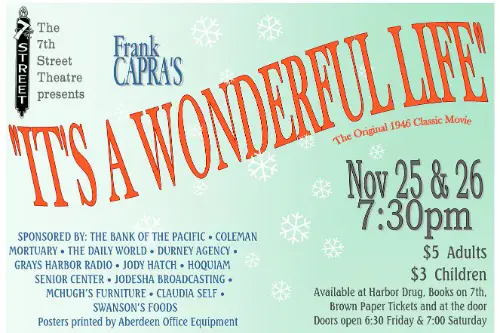
While heartwarming, this quote has been critiqued for promoting simplistic views of spirituality. In today’s more inclusive society, audiences expect movies to acknowledge diverse beliefs and avoid statements that assume a single worldview.


